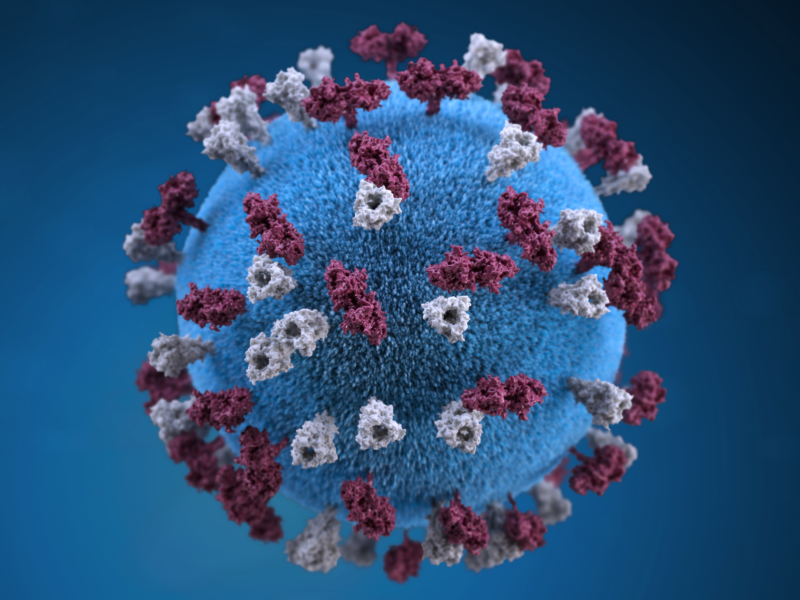The Amuru district of Uganda is now treating its first case of polio in 12 years, a 16 month old baby boy from the Awer camp for displaced persons. The African Regional Reference Laboratory in South Africa confirmed the case to be positive with wild polio virus type one. In 2006, the World Health Organization (WHO) had declared Uganda free of Polio. A country is declared free of polio when there are no cases of the disease for 10 years. Uganda has struggled to keep polio from re-entering the country. In 2008, Uganda’s Ministry of Health warned that it was under threat of importing the wild polio virus from neighboring Democratic Republic of the Congo and Sudan. Both neighboring countries had previously confirmed cases, which led to the launch of polio immunization programs in Uganda’s bordering districts.
With the now confirmed re-entry of polio, an emergency vaccination program has begun for all children under 5 years of age (the main group affected by polio). With even one child infected with polio, all children are at risk of contracting the disease, as it is capable of rapid person-to-person spread among unimmunized populations.
The wild polio virus is a highly infectious disease with no cure. It invades nerve cells of the brain or spinal cord, and can cause total paralysis within hours. Among those that become paralyzed, 5-10% die when the muscles that control breathing become immobilized. The WHO’s Global Polio Eradication Initiative, launched in 1988, works worldwide on efforts to prevent this debilitating disease.
Related articles (additional articles available atwww.HealthMap.org):
http://www.newvision.co.ug/D/8/12/672540
http://news.xinhuanet.com/english/2009-02/26/content_10904426.htm

